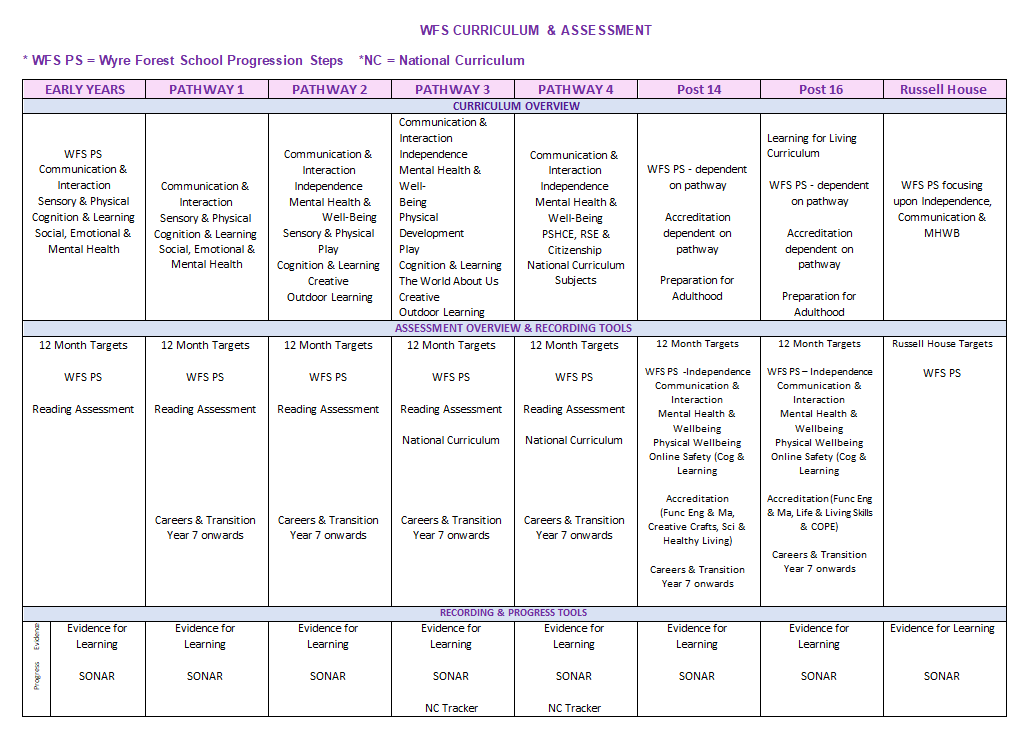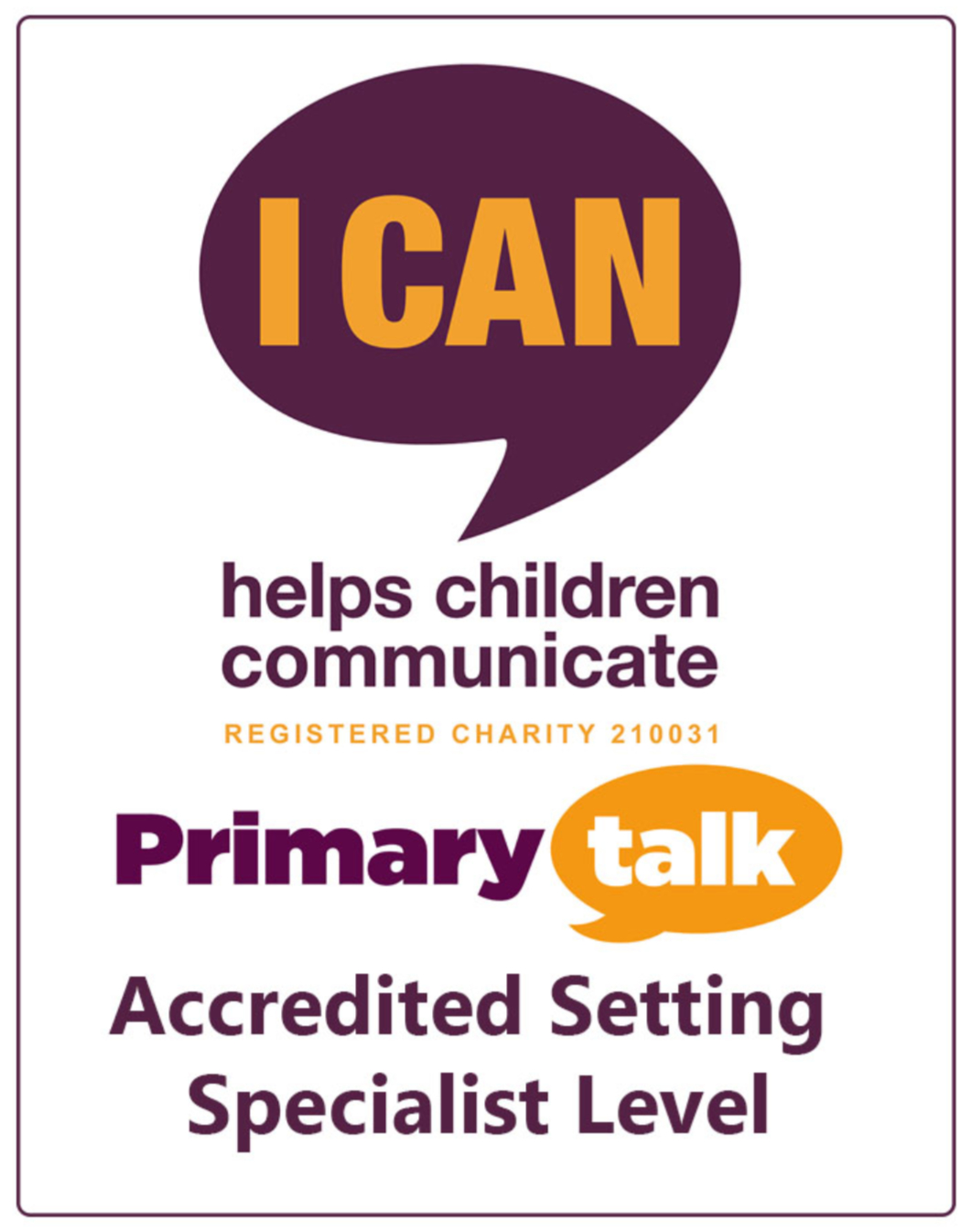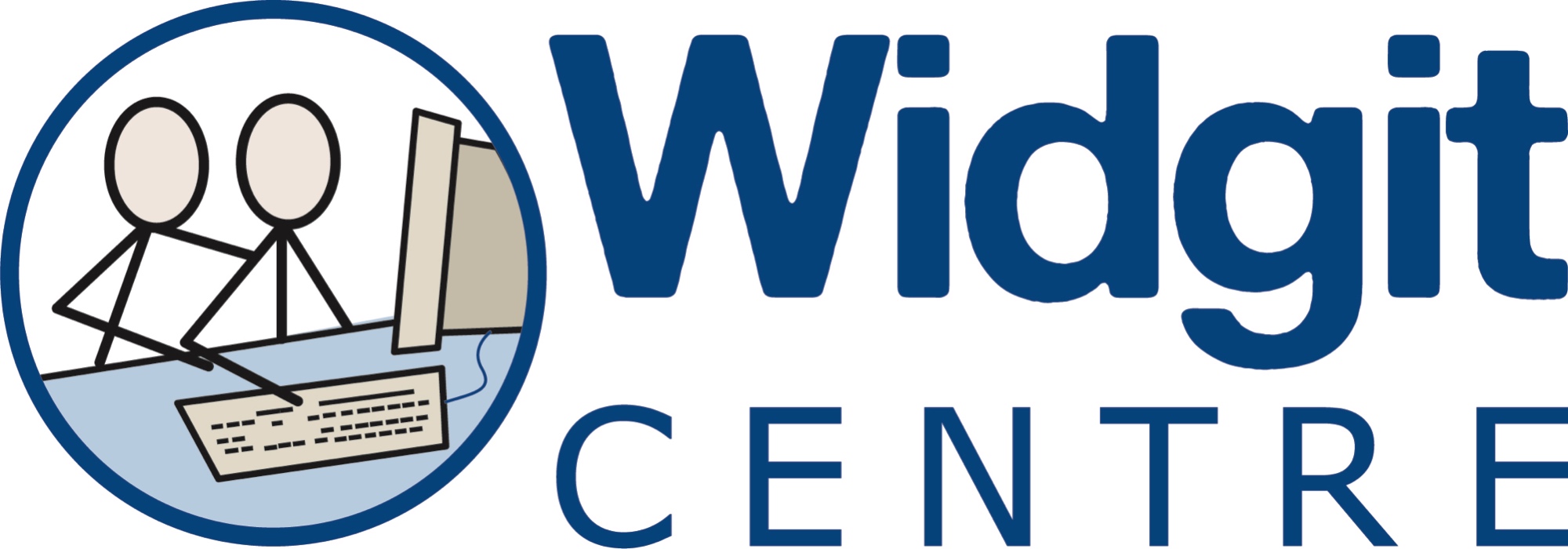Assessment, Monitoring and Development
At WFS we recognise that effective assessment is essential to support the quality of learning, teaching, achievement, and progress of our pupils.
All pupils at WFS have an Education Health Care Plan (EHCP). We appreciate that all our learners are unique and start at different points, make progress at different rates and due to some conditions, even regress.
It is very difficult for us to compare outcomes for the whole school cohort, as learning and target setting is personalised to each pupil - ipsative. We strongly believe that informed planning, quality evidence, accurate assessment, open and honest moderation which leads to high quality teaching & learning for each individual child should be ongoing and meaningful. We do this to provide high quality teaching & learning that meets the individual needs of all learners and not as an add on activity to tick a box.
We use Evidence For Learning to capture learning against the Wyre Forest School Progression Steps and SONAR to assess progress against the Wyre Forest School Progression Steps, as well as EHCP targets.
Each Pathway has annual MAD Weeks (monitoring & development weeks) where Pathway Leaders work alongside SLT to carry out learning walks, lesson observations, learning journey/work scrutinies, moderation, progress data, pupil discussion meetings etc This creates both Pathway specific and whole school actions that feed into a comprehensive training programme for staff.
Over a two year cycle, every Curriculum Area Leader works with the Senior Deputy Headteacher to monitor their subject area across the whole school which in turn creates both Pathway specific and whole school actions that feed into a comprehensive training programme for staff.
As all children at WFS have an EHCP, they also have an annual review meeting where pupil voice is actively encouraged. Twice yearly parents evenings are held and annual reports sent home in the summer.






